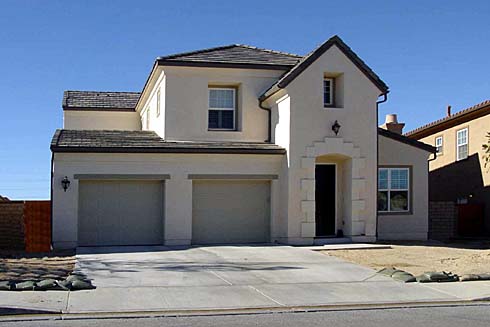ZONING
Zoning: Balancing Progress and Harmony in Real Estate Development
Introduction:
Defining Zoning in Real Estate:
Zoning is a legal framework that allows local governments to regulate the use of privately owned real property within their jurisdictions. Grounded in the application of police power—the authority of the state to enact laws and regulations for the public welfare—zoning aims to prevent conflicting land uses, manage growth, and promote organized and harmonious development.
Key Components of Zoning:
Land Use Categories:
Zoning ordinances divide land into distinct categories or zones, each with specific permitted uses. Common categories include residential, commercial, industrial, and mixed-use zones.
Permitted Uses and Restrictions:
Zoning regulations specify the types of activities permitted within each zone. For example, residential zones may allow single-family homes, while commercial zones may permit retail and business activities. Restrictions on building density, height, and setbacks are also defined.
Zoning Maps:
Zoning maps provide a visual representation of how different areas are zoned within a community. These maps help property owners, developers, and local authorities understand the zoning designations across the landscape.
Variances and Special Use Permits:
Zoning ordinances may include provisions for variances and special use permits, allowing for exceptions or specific uses that deviate from the standard regulations. These mechanisms provide flexibility while ensuring oversight.
Significance of Zoning in Real Estate:
Orderly Development:
Zoning plays a pivotal role in promoting orderly development by guiding where and how different types of land uses can coexist. This helps prevent chaotic and unplanned growth.
Conflict Prevention:
By designating specific uses for different zones, zoning prevents conflicts between incompatible land uses. Residential areas can remain peaceful, commercial zones can thrive, and industrial activities can be strategically located.
Property Values and Aesthetics:
Zoning regulations contribute to maintaining property values by ensuring that developments align with the character of their surroundings. Consistent aesthetics within a zone create a cohesive and visually appealing community.
Environmental Considerations:
Zoning ordinances may incorporate provisions to address environmental concerns, such as protecting green spaces, water bodies, or wildlife habitats. This contributes to sustainable and eco-friendly development.
Environmental Considerations:
Zoning ordinances may incorporate provisions to address environmental concerns, such as protecting green spaces, water bodies, or wildlife habitats. This contributes to sustainable and eco-friendly development.
Community Planning:
Zoning facilitates community planning by allowing local authorities to tailor regulations to the unique needs and characteristics of different neighborhoods. It provides a platform for residents to collectively shape the future of their community.
Navigating Zoning Challenges:
Zoning Compliance:
Property owners and developers must navigate zoning regulations to ensure compliance with permitted uses, setbacks, and other requirements. Engaging with local zoning authorities is crucial for clarity.
Community Engagement:
Community members should participate in zoning discussions and public hearings to voice their opinions on proposed changes or developments. This ensures that zoning decisions align with community interests.
Evolving Zoning Codes:
Zoning codes are dynamic and may evolve to address changing community needs. Staying informed about updates and potential changes is essential for all stakeholders in the real estate ecosystem.
Conclusion:
Zoning stands as a linchpin in the delicate balance between progress and harmony in real estate development. By guiding the use of privately owned real property, zoning regulations shape the physical and social fabric of communities. In the ever-evolving landscape of real estate, zoning remains a cornerstone, fostering organized growth, preventing conflicts, and promoting a vision of community that reflects the shared values of its residents. As we look to the future, the role of zoning will continue to adapt to meet the evolving needs of communities, ensuring a resilient and harmonious built environment.
MORE REAL ESTATE TERMS
A, B, C, D, E, F, G, H, I, J, K, L, M, N, O, P, Q, R, S, T, U, V, W, X, Y, Z
Featured New Home

Featured Mortgage Brokers
- LIBERTY HOME EQUITY SOLUTIONS INC, STAMFORD, CT
263 TRESSER BLVD FL 9
STAMFORD, CT 6901 - MCCUE MORTGAGE COMPANY, NEW BRITAIN, CT
1 LIBERTY SQ
NEW BRITAIN, CT 6051 - OPEN MORTGAGE LLC, CORONA, CA
1840 ROCKCREST DR
CORONA, CA 92880 - PRIMARY RESIDENTIAL MORTGAGE INC, SAN FRANCISCO, CA
1746 18TH ST
SAN FRANCISCO, CA 94107 - MOVEMENT MORTGAGE LLC, CHARLOTTESVILLE, VA
2271 SEMINOLE LN
CHARLOTTESVILLE, VA 22901